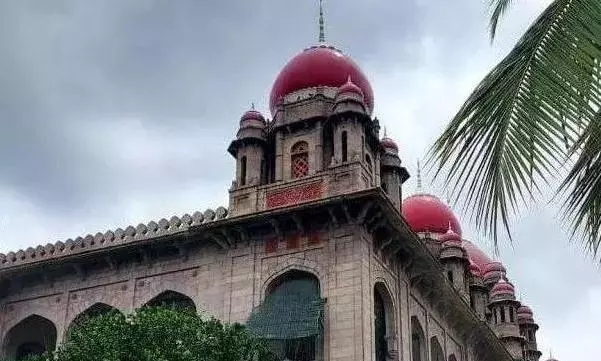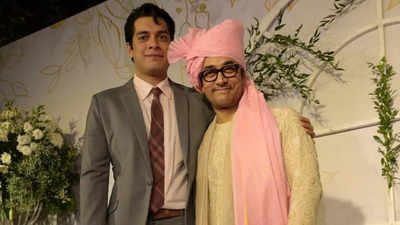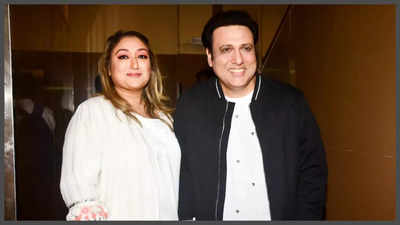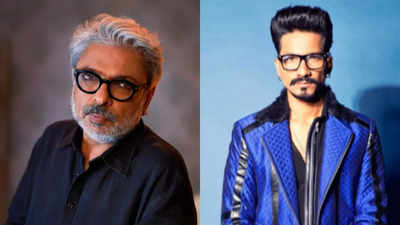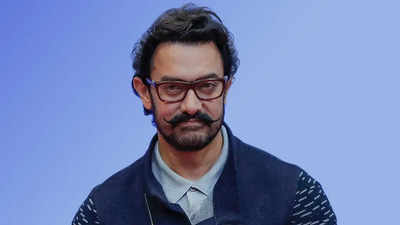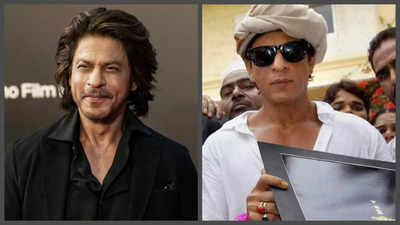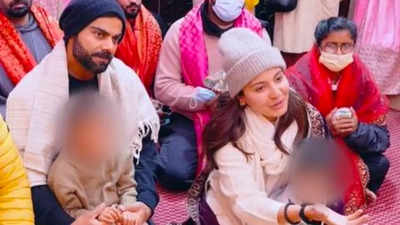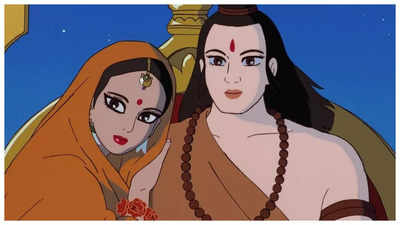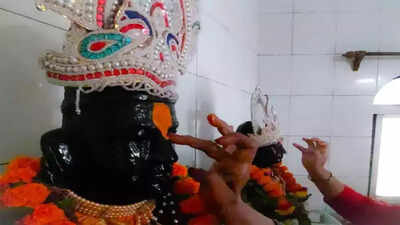Game Changer review: Director Shankar’s maiden Telugu film, Game Changer, starring Ram CharanKiara Advani, Anjali and SJ Suryah, is an expensive masterclass on electoral politics. Since he created his niche in 1993 with Gentleman, the director’s films follow familiar beats that either bring you comfort due to nostalgia or irk you because he doesn’t seem to evolve beyond them. Game Changer is a fairly well-made Shankar film that sticks to the tried-and-tested formula. (Also Read: Game Changer Twitter reviews: Fans hail Ram Charan’s massy presence, call film Shankar’s ‘glorious comeback’)

Game Changer story
Ram Nandan (Ram Charan) is an IPS-turned-IAS officer who suffers from anger issues but has integrity coursing through his blood. He wants to run a corruption-free Vizag and serve the people to the best of his ability. Elsewhere, Andhra Pradesh CM Satyamurthy (Srikanth) has a change of heart when his misdeeds catch up on him in old age. Irked by both is a corrupt politician and Satyamurthy’s son Mopidevi (Suryah), who wants to gain power at any cost. What happens when Ram and Mopidevi face off against each other?
Game Changer review
Despite Ram proclaiming he’s ‘unpredictable’, Shankar’s film is anything but that. Because this is commercial cinema, you know the hero will win no matter what. And because this is also Shankar’s cinema, you know you’re in for a tutorial that’ll leave you wiser in whatever subject he’s tackling (even if he takes ample cinematic liberties). Game Changer is a success on both fronts, all while entertaining you for the most part. Where it lacks is making you feel enough for Ram to root for him. Because more than halfway through the film, there’s another character that steals the show.
Appanna and Parvathy
Shankar banks on a small portion of Game Changer to function as its beating heart. Ram plays Appanna, an activist fighting for the downtrodden, while Anjali plays his wife, Parvathy, who is also an activist and a Tappeta Gullu artist. The portion featuring these two does all the heavy lifting the rest of the film lacks. Both the actors bring a tender vulnerability to their characters in a limited time, making you invested in their outcome. Srikanth also shines in these portions, lending his character depth it otherwise lacked.

Even the way Appanna and Parvathy’s story is shot deviates from the slick treatment the rest of the film gets. Tirru’s cinematography and Thaman’s background score in these portions deserve a shoutout. The colours are warmer, the music is smoother, and Ram probably delivers one of his career-best performances as Appanna, à la Rangasthalam. Shankar doesn’t rush through this portion, as he does the rest of the film.
The Shankar formula
Anyone who has grown up watching Shankar’s films knows how this will go. He gives you colourful songs shot on a lavish scale (Dhop, Jaragandi) that are pretty to look at, but his love story (featuring Kiara Advani as Deepika) adds nothing much to the overall tale. Deepika, of course, is the quintessential heroine with a golden heart who sets our hero on the right path. Mopidevi is ruthless and lacks morals for no reason other than that he’s the antagonist.
There’s no space for grey in Shankar’s films (both literally and figuratively); you either get with the program, or you don’t. He doesn’t give you breathing space to grasp what you’re watching.
While this pacing proves good because one thing Game Changer can’t be accused of is boring you, it also means Shankar doesn’t get the opportunity to lay a strong enough foundation for some key scenes. While Appanna-Parvathy’s story is moving, it’s connected to Ram rather shoddily. Even Mopidevi and his brother’s (Jayaram) story deserves more attention. Shankar has a bigger story to tell here, but instead of self-reflection, we get to see Ram and Mopidevi run on the hamster wheel while besting each other.
In conclusion
Karthik Subbaraj has penned Game Changer’s story; maybe he intended it to be something more…something different. But the version you get, while entertaining, feels rehashed from Shankar’s previous works – you even get Muqabla and Mudhalvan (Oke Okkadu) references. And unlike the 90s, in 2025, you know when he’s testing the limits of logic.
The issue also lies in the lack of magic, unlike his works from 1993 to 2007. Game Changer is strictly average, even as you’re rooting for it to be something more. It succeeds in staying focused on what it sets out to do – call out corruption in Indian politics – but gives you nothing more. And after Shankar’s last outing, Indian 2maybe that’s a win.




